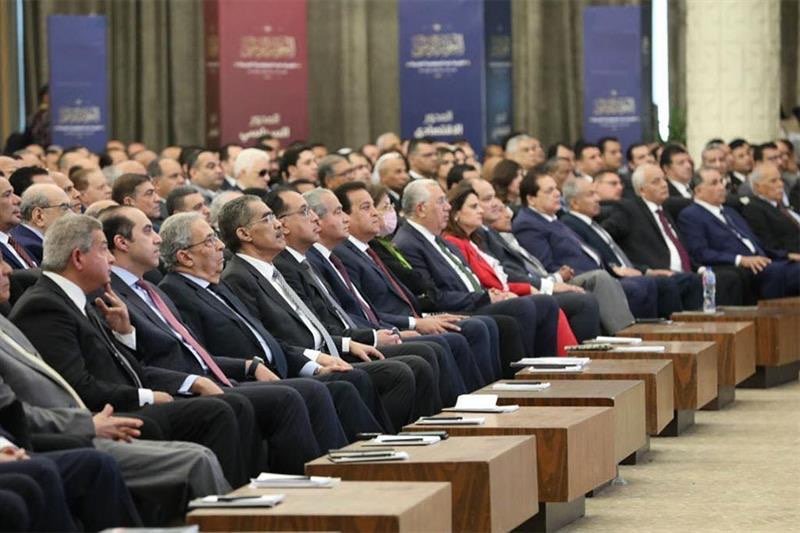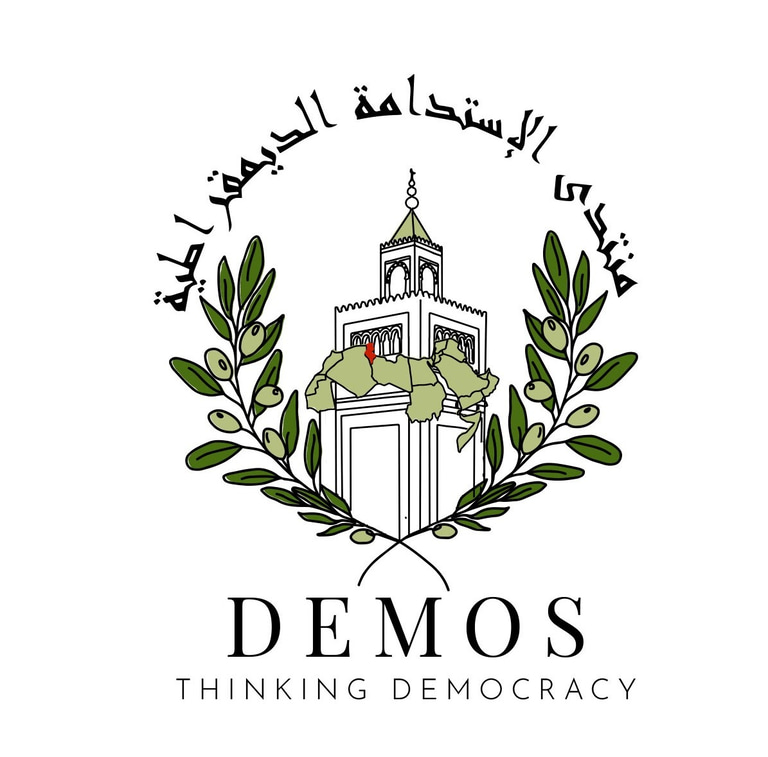Egypt’s vaunted national dialogue (al-hiwar al-watani) announced by President al-Sisi at the annual family iftar banquet in April 2022 sent a signal to the opposition and observers about the apparent readiness of the government to create a political opening. The regime through the presidency-affiliated National Training Academy and later the national dialogue’s board of trustees set about formulating its rules of conduct, choice of participants, topics of discussion and format of the proceedings. This policy brief examines the launching of Egypt’s recent national dialogue and the interactions between the regime and the opposition. It begins by highlighting the main processes and motives behind the creation of such a forum, based on the claim to establish a ‘new republic,’ and the existence of interlocking organisations from the presidency to the National Training Academy to the national dialogue’s board of trustees. Egypt’s opposition participated in this ostensible political opening with the consequence of revealing a lack of unity among these actors and the rise or entrenchment of divisions. In addition, despite the commitment to an open atmosphere of deliberation, the board of trustees decided that the issues of constitution, national security and foreign policy would not be discussed in the national dialogue. However, the disappearance of taboo subjects soon followed the start of Israel’s war on Gaza in October 2023. This event has led to the rolling back of these limits and the national dialogue’s shift to the intertwined concerns of national security and foreign policy. The policy brief concludes with a section on recommendations to a range of Egyptian stakeholders from political parties to civil society organisations on the necessity and the means of effecting genuine political reform.


